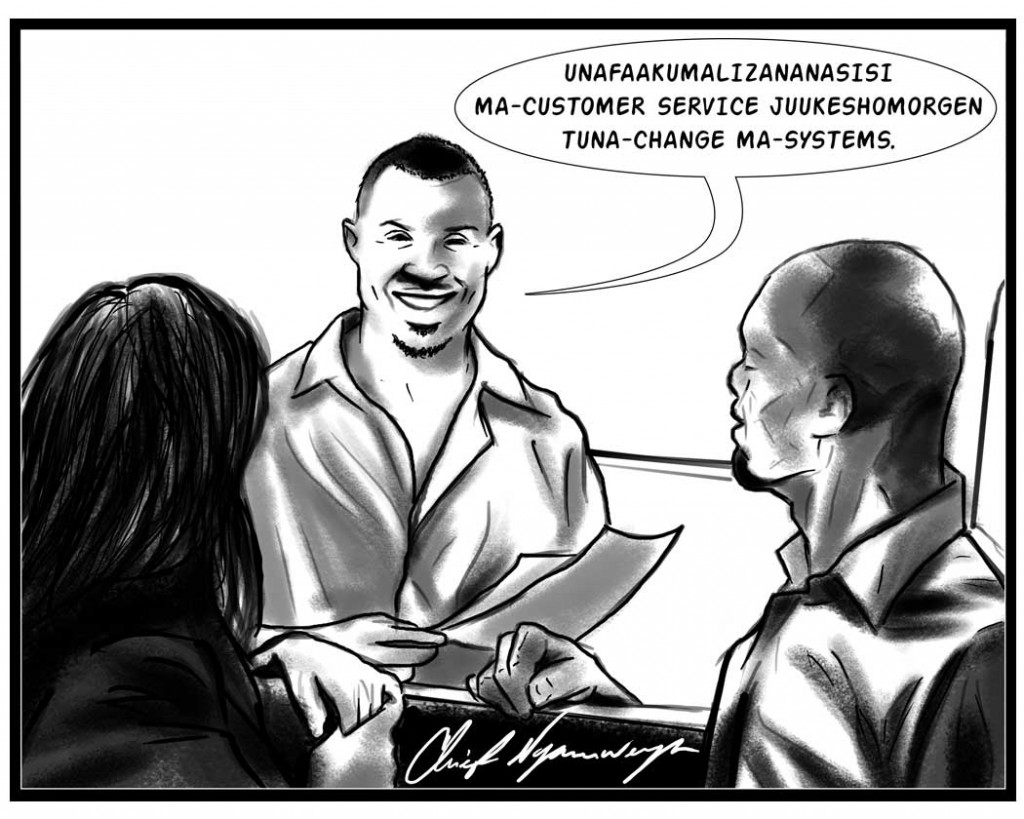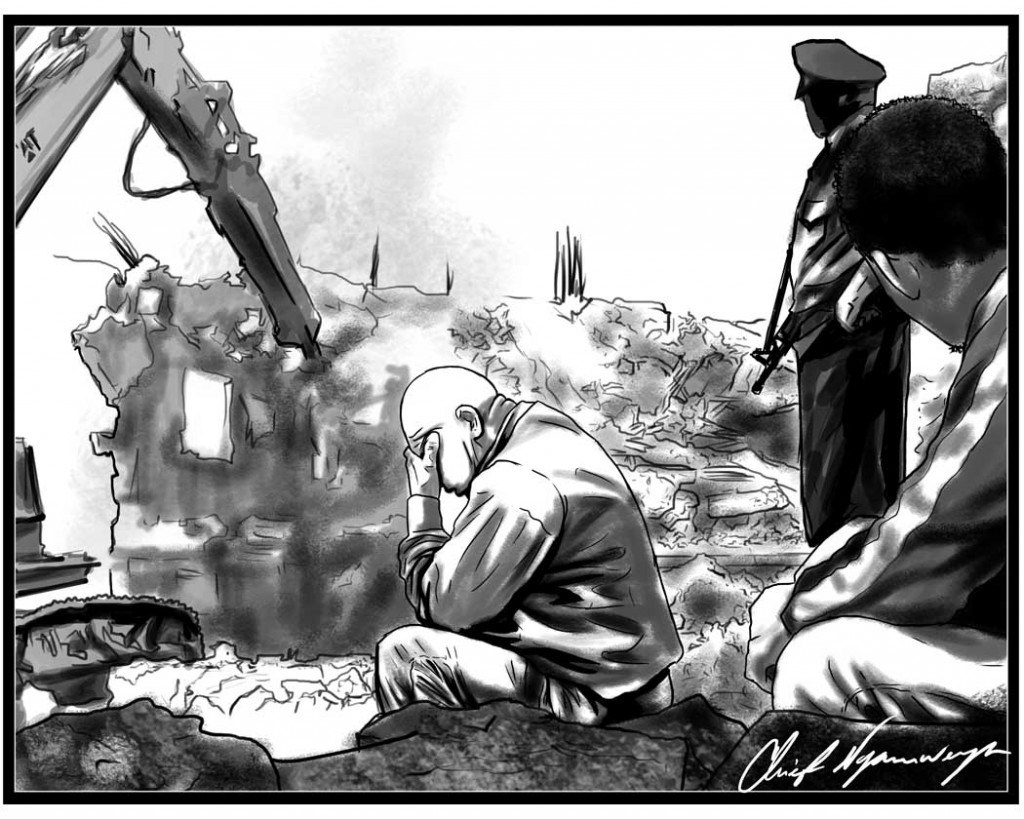People of Groupon,
After four and a half intense and wonderful years as CEO of Groupon, I’ve decided that I’d like to spend more time with my family. Just kidding – I was fired today. If you’re wondering why… you haven’t been paying attention. From controversial metrics in our S1 to our material weakness to two quarters of missing our own expectations and a stock price that’s hovering around one quarter of our listing price, the events of the last year and a half speak for themselves. As CEO, I am accountable.
You are doing amazing things at Groupon, and you deserve the outside world to give you a second chance. I’m getting in the way of that. A fresh CEO earns you that chance. The board is aligned behind the strategy we’ve shared over the last few months, and I’ve never seen you working together more effectively as a global company – it’s time to give Groupon a relief valve from the public noise.
For those who are concerned about me, please don’t be – I love Groupon, and I’m terribly proud of what we’ve created. I’m OK with having failed at this part of the journey.
If there’s one piece of wisdom that this simple pilgrim would like to impart upon you: have the courage to start with the customer. My biggest regrets are the moments that I let a lack of data override my intuition on what’s best for our customers. This leadership change gives you some breathing room to break bad habits and deliver sustainable customer happiness – don’t waste the opportunity!
I will miss you terribly.
Love,
Andrew
Above is part of the farewell message sent by 32-year-old Andrew Mason, the founder and CEO of Groupon, an Internet based company providing daily deals to consumers on a wide range of products. Andrew founded the company in November 2008 with reported annual revenue of US $800 million by 2010 catching the attention of the Google team which posed a $6 billion acquisition bid for the business in November 2010 that was eventually turned down. Yahoo! Was also rumored to have offered a $3 billion acquisition bid in October 2010.
Andrew Mason’s story cannot fit in this page alone, but it is worthwhile to evaluate his farewell letter to his employees after being fired by his board. First off, there is no latent bitterness or anger towards the board that fired him from the company he created. If anything, he reminds staff that the board is aligned to the company’s strategy which management put together. In saying this, he clearly demonstrates that the board’s decision to fire him was attributable to failure of the company’s financial performance rather than failure of strategy implementation.
Andrew demonstrated maturity and accountability when he reduced his annual salary to $756.72 in 2010 from $180,000 just before the company IPO in 2011. As many private turned public companies will attest, the level of noise surrounding financial performance goes several decibels higher as the number of shareholders increase. It thus becomes tougher for a CEO to explain away missed targets that may be less than 1% on average, but to which the analyst sharks take strong views. According to media, in early November 2012 Groupon reported that they had missed their third quarter revenue estimates, posting revenue of $586.6 million against estimates of $591 million or 0.74% gap in projected earnings. This apparently caused Groupon’s stocks to fall during the trading day and the company is reported to have lost 80% of its value since its 2011 IPO.
Many entrepreneurs shy away from public listing. Having analysts tear apart your performance based on achievement of short term quarterly results rather than taking a long term view on sustainability of the business model, customer loyalty and growth as well as potential for future innovative products and services is not for the faint hearted CEO. While we may never know what happened in the Groupon Board room that warranted the CEO’s firing, his farewell letter demonstrates that he took it on the chin with much dignity and concern for the staff who would remain to finish building his dream. He recognizes that by stepping down he would ease the undue attention and pressure being laid to bear on the company, calling it a “relief valve from the public noise”. He also demonstrated uncharacteristic humility by acknowledging that a change in leadership would give the company room to break bad habits. I have never seen a CEO who publicly acknowledges that perhaps he is the source of a bad company culture. It is alien…it is almost CRIMINAL to admit you are the source of a problem.
I can guarantee one thing: you won’t find CEO’s borrowing a leaf from this young chap. His message, which starts with a humorous beginning and ends with a humble acceptance of his fate, will be attributed by some to his youth and lack of experience on how CEO’s take the fall. On December 18, 2012, Herb Greenberg of the television network CNBC, named Mason as the “Worst CEO of the Year”. Greenberg wrote, in part, “Mason’s goofball antics, which can come off more like a big kid than company leader, almost make a mockery of corporate leadership – especially for a company with a market value of more than $3 billion. It would be excusable, even endearing, if the company were doing well but it’s not. Sales growth is through the floor…”
Goofball antics or not, the Gen Y and Gen Z employees who probably make the bulk of his employee cadre, will probably relate more to his message than the middle aged analysts who think that all companies need to be managed by traditional stiff upper lipped executives who demonstrate “corporate leadership”.
By the way, journalists estimate that Mason will be paid the princely sum of $378.36 – six month’s salary – based on his employment agreement. What an end to an illustrious career!
[email protected]
Twitter: @carolmusyoka

 carolmusyoka consultancy
carolmusyoka consultancy
 @carolmusyoka
@carolmusyoka




